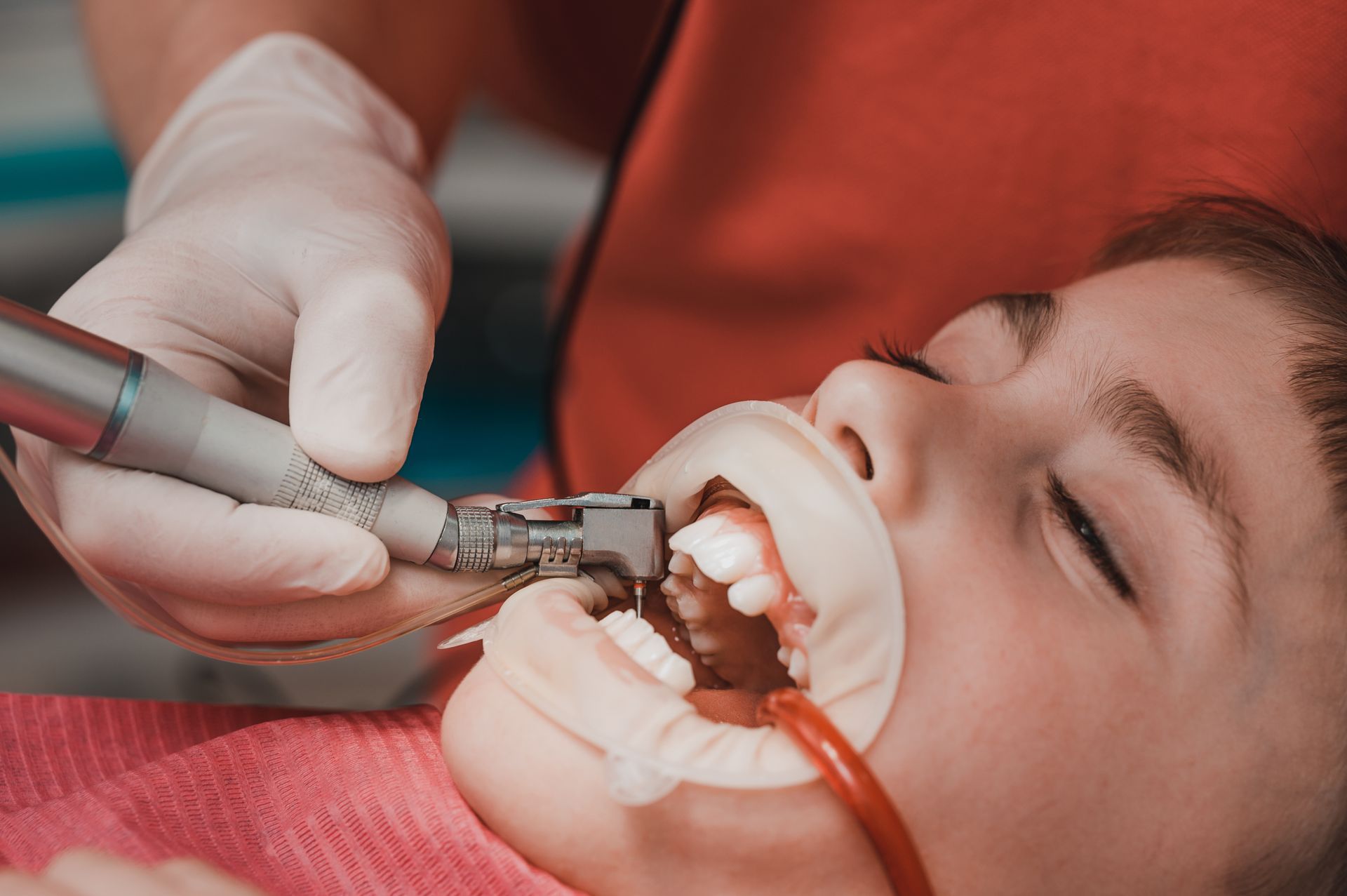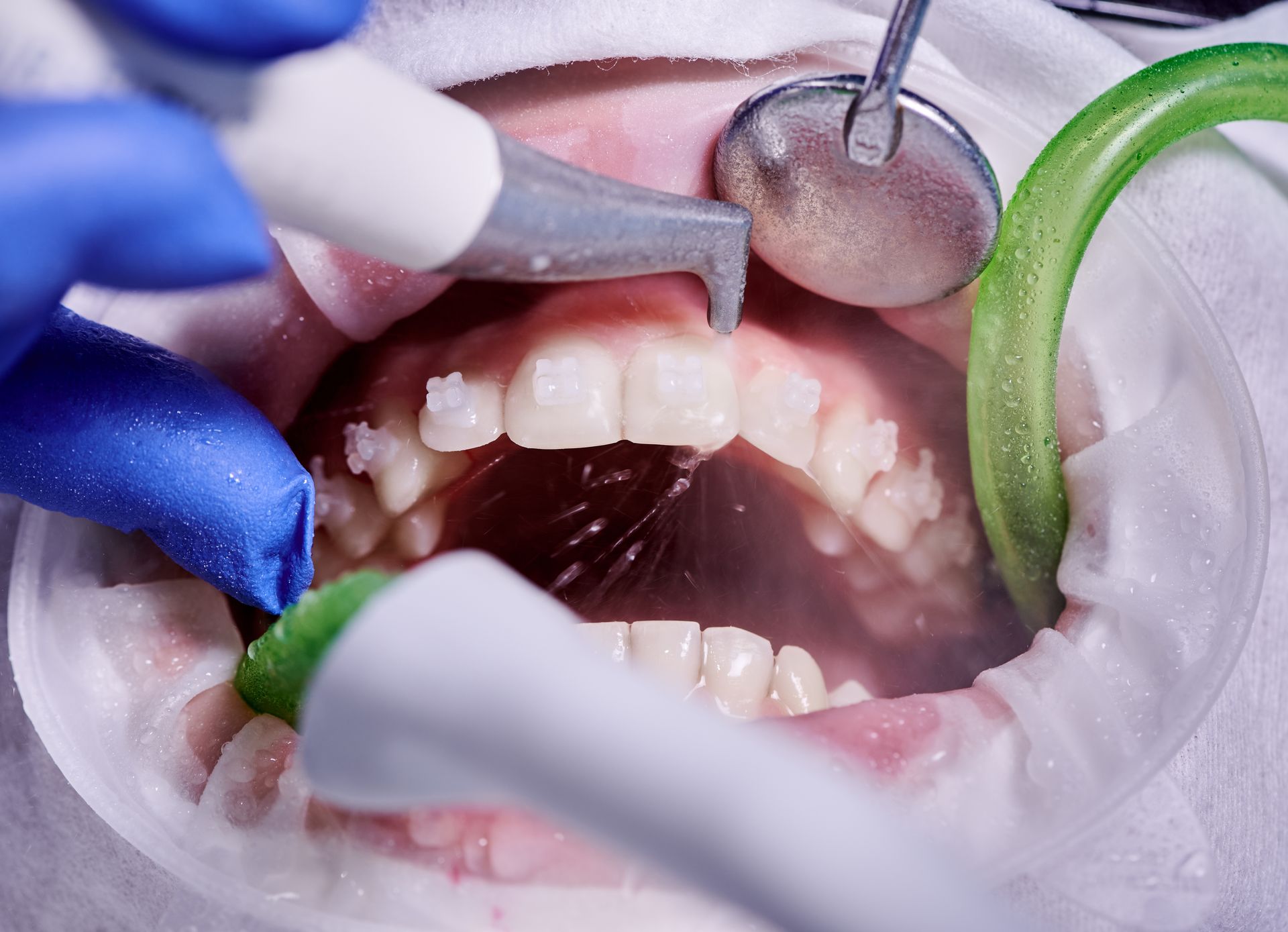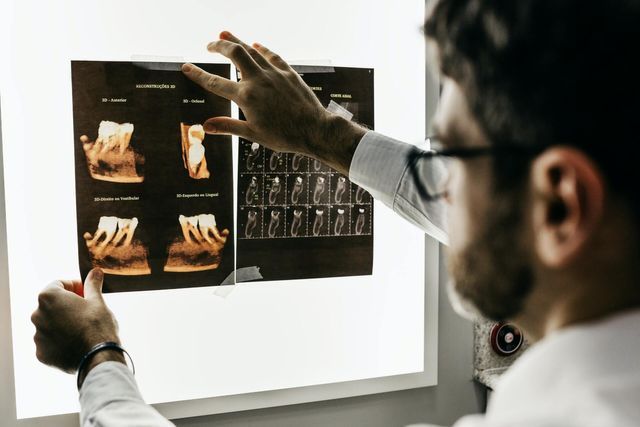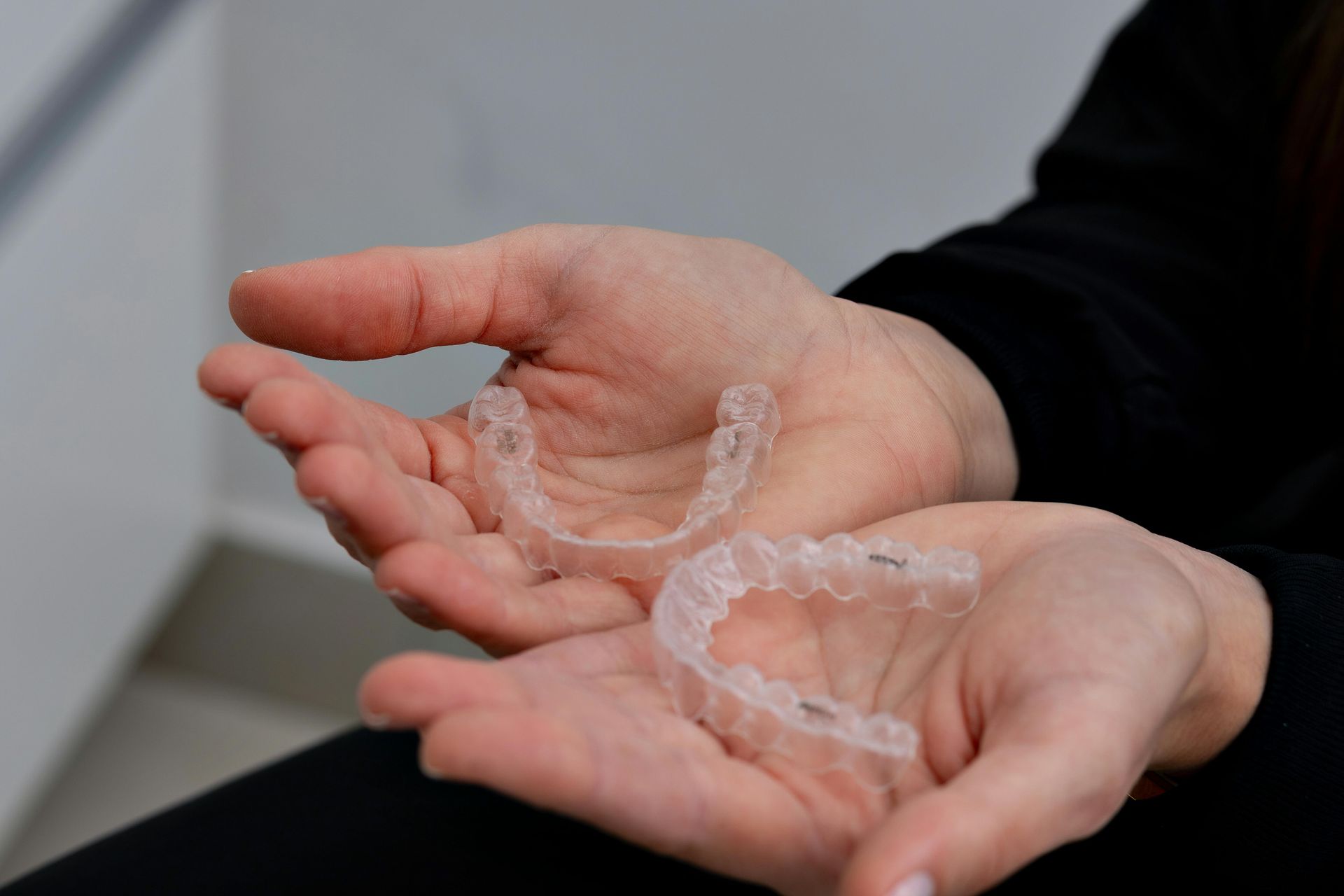
Oral Surgery
At times, the dental problems that you are dealing with might require a few surgical procedures to properly address and solve the issue. It’s not something to be afraid of since anesthetics are used during these treatments which guarantee that you will not be feeling any pain during the surgery. Oral surgery refers to any surgical procedure that is performed on your teeth, gums, jaws, and other oral structures. Oral surgeries are typically performed by an oral or maxillofacial surgeon or periodontist. These are dental specialists who have trained in advanced oral surgical procedures.
What Is Oral Surgery?
Oral surgery is a broad term for any operation done on your mouth (oral), jaw (maxilla), and face (facial). It includes a wide range of procedures, including teeth extractions, dental bone grafts, periodontal grafts, and corrective jaw surgery. Oral and maxillofacial surgeons (OMSs) train as dentists but undergo 6 additional years of education, including two to attain a medical degree (MD). Some oral and maxillofacial surgeons embark on further training in order to perform facial cosmetic surgery, treat conditions related to cancer, perform microvascular surgery of the head or neck, or correct congenital face and skull abnormalities in children.
Depending on the condition of the patient, oral and maxillofacial surgery may be performed as an inpatient, outpatient, scheduled, elective, or emergency procedure. OMSs often work alongside other surgeons, such as orthopedic surgeons, surgical oncologists, or otolaryngologists to treat complex conditions or in cases that involve severe head or facial trauma.
Oral surgery may be performed for various reasons. Your dentist may recommend it if you have any of the following conditions:
- Bone loss in your jaw
- Temporomandibular Joint Disorders (TMD)
- Missing Teeth
- Impacted Teeth
- Gum Disease
- Badly Broken Teeth
- Extensive Tooth Decay
- Sleep Apnea
- Oral Cancer
- Benign Oral Pathology
Different Types of Oral Surgeries
There are several types of oral surgery procedures performed each year. Some of the most common include tooth extraction, dental bone grafts, dental implants, periodontal surgery, corrective jaw surgery, sleep apnea surgery, and cleft lip and palate repair. Let’s delve into a few of these surgical procedures:
- Tooth Extraction - This is the most common type of oral surgery. An extraction may be recommended if you have severe tooth decay, gum disease (periodontitis), dental trauma, or wisdom teeth complications. Tooth extractions are sometimes performed to prepare you for dentures or other prosthetic devices. Most dentists prefer to save natural teeth when possible, but extractions are sometimes necessary to preserve your overall oral health. Many dentists also recommend wisdom tooth extraction as a preventative measure to reduce your risk for cavities, bone loss, and other problems.
- Dental Bone Graft - This procedure is necessary when bone loss has occurred in your jaw. There are a couple of reasons why this may occur. When your natural teeth are present, the roots stimulate the nerves in your jaw. This signals your brain to send nutrients to your jaw to keep it strong and healthy. If a tooth has been missing for some time, bone deterioration may occur in the area because there are no roots to stimulate the nerves. A dental bone graft can restore the volume and density in your jawbone so that dental implants can be placed later on. Your provider may place a bone graft during periodontal surgery as well. Advanced gum disease can cause the bone around your teeth to erode. A bone graft reduces mobility and provides a solid foundation that keeps your teeth strong and healthy.
- Periodontal Surgery - If you have moderate or severe periodontitis, a gum specialist may recommend gum disease treatment. During this procedure, incisions are made along your gum line and the tissue is temporarily moved away from your teeth. Your surgeon will then clean the teeth roots, flush away plaque and bacteria, and the gum tissue will be repositioned and sutured into place. Sometimes, gum recession can occur as a result of periodontitis. In this circumstance, you may need a gum graft. In this procedure, your surgeon reinforces the area of tissue loss with donor tissue which can be taken from the roof of your mouth or bought at a certified tissue bank.
- Dental Implants - Dental implants are widely considered the most reliable and longest-lasting teeth replacement option available. These small threaded posts made of medical-grade titanium or zirconia are embedded into your jaw to replace missing teeth roots. Once the implants are healed, they can be restored with dental crowns, dental bridges, or dentures.
- Corrective Jaw Surgery - Corrective jaw surgery, also known as orthognathic surgery, addresses skeletal abnormalities of your jawbones. This procedure may be recommended to improve chewing function, correct misalignment, or address facial imbalances. Corrective jaw surgery is also used to ease pain caused by TMJ dysfunction.
- Sleep Apnea Surgery - Obstructive sleep apnea (OSA) occurs when the tissues in the back of your throat fall back and block your airway during sleep. OSA is sometimes successfully treated with less invasive procedures such as oral appliance therapy or with the use of a CPAP machine. However, severe cases may require surgical intervention.
How To Prepare For Oral Surgery
Prepare for an oral surgery the same way you would for any serious medical procedure, depending on the type of surgery.
- Start by making sure that the space you’re returning home to is clean and neat so that you’re comfortable for at least a couple of days if necessary.
- Set up your bed so that you’re able to sit at an incline.
- Follow the pre-surgery instructions your oral surgeon gives you. You will typically be asked to refrain from eating or drinking anything in the 8-10 hour period before your surgery.
- Arrange the transportation back home, if necessary. Talk to your oral surgeon beforehand to know what kind of anesthesia you’ll be getting and if it will inhibit your ability to drive. Depending on the type of oral surgery you’re having, you may have topical or local anesthesia. If you are having IV anesthesia, you’ll need someone to drive you home.
Blog



Quick Links
Contact Info
Phone: (806) 587-5070
Email: office@fdglubbock.com
Address: 5730 66th St,
Lubbock, TX, United States
Business Hours:
Mon - Fri 9am - 5pm
Available after hours by appointment.
Copyright. Frankford Dental Group. All Rights Reserved.




